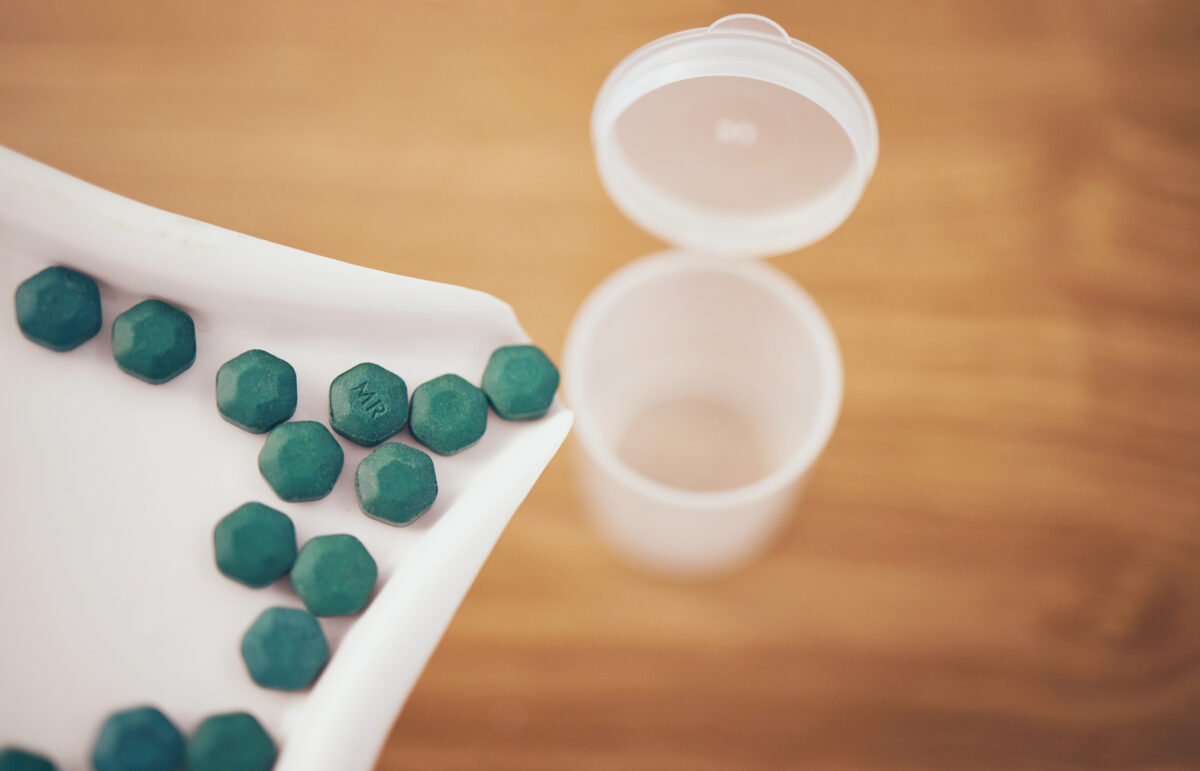A mental disorder in which a person feels sad or down about something is called depression. Experts consider this condition serious, which can interact with your daily routine. In some cases, it may be challenging to diagnose and treat depression because it is thought that an individual has depression when experiencing the symptoms for long periods.
While anyone can experience this mental disorder, women are more likely to develop it. Check below some common symptoms of depression in females:
- Do not get the same pleasure from doing the same activities you once did
- Difficulty focus
- Regular loss of appetite
- Abnormal weight loss
- Weakness or tiredness without any reason
- Feeling guilty
- Anxiety
- Irritation
- Cry without any cause
- Sleeping problems (insomnia)
- Mood swings
- Thoughts about death
- Feeling guilty
If you notice any of the previous symptoms, it is advised to visit a healthcare provider right away.
Is There a Difference between Male and Female Depression?
Yes, and one factor that makes men and women experience different depression symptoms is hormones. For example, females usually experience significant hormonal changes during pregnancy, childbirth, menopause, or menstruation.
In some countries such as the United States, the differences can occur due to some social norms. For example, men should be tough and not share their feelings while females are expected to be more emotional. As a result, men and women show different depression feelings based on what is socially acceptable. Thus, to express their feelings males show anger, blame to people around them, pick fights, or turn to certain bad habits (including drinking). However, females can show sadness, blame themselves, as well as turn to certain bad habits (such as emotional eating).
Causes
There are different factors that can provoke depression in women. Moreover, females can experience depression due to major life changes (such as pregnancy and childbirth) in addition to biological and psychological factors. Check below the most common depression causes in females:
PMS and PMDD
Once the menstrual period starts, premenstrual syndrome (PMS) occurs. Experts do not know exactly how it causes depression but they think a significant change in hormonal levels provokes that. Mostly, PMS symptoms are temporary and they include bloating, headaches, and breast tenderness. Furthermore, anxiety and depression are PMS symptoms in some cases.
However, not every time a person has PMS, depression happens. When the PMS symptoms become irritable and severe anxiety occurs, PMS is classified as premenstrual dysphoric disorder (PMDD). Healthcare professionals consider PMDD a depression form.
Perinatal Depression
It is a depression that occurs when a person is pregnant or right after childbirth. It is also known as postpartum depression. It is believed to happen due to a significant hormonal change that usually occurs during pregnancy or after birth. As a result, anxiety and depression symptoms can occur in a female. Symptoms include sleeping problems, suicidal thoughts, and others.
In addition, your risk of perinatal depression will increase with the following factors. Examples include relationship problems, miscarriage, and not feeling support from family or friends.
Perimenopausal Depression
Women experience significant hormonal changes when enter perimenopause as well as menopause. Thus, depression symptoms can occur during these transitions. In addition, certain factors can increase the depressive symptoms during perimenopause. Examples include work or home stress, relationship problems, postpartum depression, and others. Consult with your doctor for more details.
Other Causes
The causes listed below can provoke depression and they usually impact all genders. Check some examples below:
- Family history of depression
- Thyroid disease
- Chemical brain imbalances (including Serotonin or Neurotransmitters)
- Major depressive disorder (such as seasonal affective disorder)
- Certain life events (including the death of a loved person, the end of an intimate relationship, and others)
- Emotional, mental, or physical abuse
- Long-term diseases that interact with your daily activities
How to Overcome Depression?
There are some methods that can help to improve your depression symptoms. Examples include:
- The first is to go to a therapist or counselor. This option can help to identify the underlying cause and they can prescribe you a treatment to lessen the symptoms. In addition, discussions about your feelings of shame or guilt also can improve your depression or prevent it from getting worse.
- In people with seasonal weather changes, it is advised to go for a walk for at least 30 minutes on a sunny day. As per studies, if a person does not get enough vitamin D, it may elevate the depression risk.
- Regular exercise and a healthy diet are recommended because they can improve your mood and decrease depression. For example, if you are depressed due to stress, you can do the following activities to lessen and manage stress. Examples include meditation, yoga, and others.
- It is very important to have positive and healthy people around you. Otherwise, your depression symptoms may become worse.
Frequently Asked Questions
When should I visit my physician?
If your symptoms do not improve for a long period using nonmedical treatment options, do not hesitate to see a doctor. They will prescribe antidepressants and other medicines that will help to regulate your hormone levels.
What are the depression levels?
According to the National Institute of Mental Health (NIMH), there are 5 depression types. For example:
- Major depressive disorder
- Persistent depressive disorder (dysthymia)
- Perinatal depression
- Seasonal affective disorder
- Depression with psychosis symptoms
Ask your healthcare professional for more details.
How does depression impact the stomach?
In most cases, people with depression also experience stomach problems including nausea, diarrhea, constipation, or bloating. Experts think it is caused by a neurotransmitter in the brain and gut (Serotonin).
What are foods that naturally increase Serotonin levels?
- Salmon (it is also a source of omega-3 fatty acids)
- Poultry (including turkey, goose, and chicken)
- Spinach
- Soy products
- Nuts
- Seeds
- Eggs




